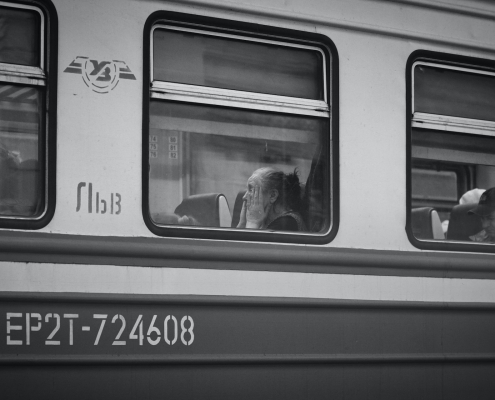
Internally displaced persons in Ukraine [RUS]
As of February 2023, there were 4.8 million internally displaced persons officially registered in Ukraine - that means, those Ukrainian citizens who were forced to leave their homes because of the war, but did not leave the country but moved to safer regions. Assistance to internally displaced persons is the largest of the social benefits planned in the state budget for 2023.

Electronic prescriptions [RUS]
Ukraine is reforming its pharmaceutical market. Since 1 April, electronic prescriptions for most medicines have been introduced in Ukraine. This is a fairly common thing in Western countries, but it came as a surprise to Ukrainians and the new measures caused panic. The list of medicines that are now available only on prescription contains thousands of items.
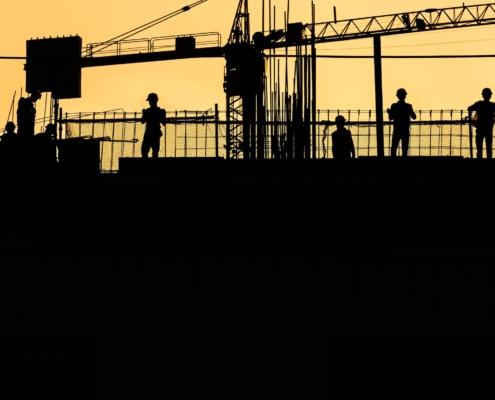
National Reconstruction Plan of Ukraine [RUS]
Hundreds of thousands of homes across the country have been damaged or completely destroyed as a result of the fighting. The draft National Reconstruction Plan of Ukraine, which the government has developed together with experts, envisages not only reconstruction and construction, but also the modernisation of housing. However, Ukrainian builders will definitely not start mass construction of modernized houses in the near future.
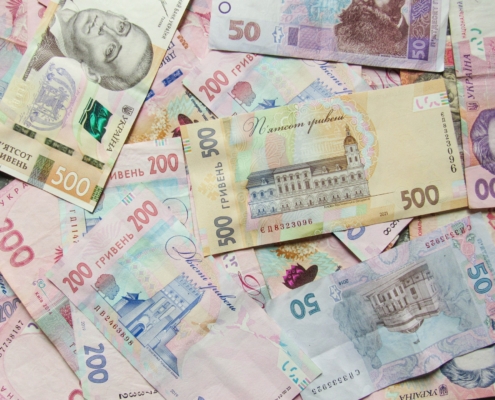
Ukrainian Economy after the year of war [RUS]
UN experts say that the blocking of ports and damage to steel mills has had an extremely negative impact on the country's economy. Despite this, the decline of the Ukrainian economy was less than expected; the support of Western countries - primarily financial support - played a role. Ukraine's financial system has been preserved as such, banks have worked almost continuously and there has been no collapse of the hryvnia and no hyperinflation. Now the country needs to focus on a few key aspects: improving business security, expanding logistics routes, attracting foreign investment and working together with foreign partners.
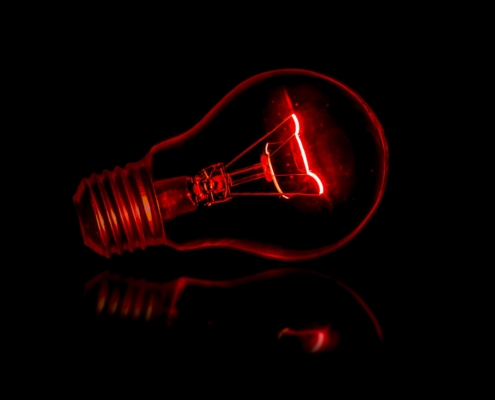
Power Industry [RUS]
Ukraine is experiencing a challenging winter with constant power and heat cuts. Massive Russian bombing is primarily targeting critical infrastructure, including distribution points and thermal power plants. Coal supplies are dwindling rapidly, burning faster than they are replenished from imports and Ukrainian sources. More about the energy situation in Ukraine you can read in our article.

Setting the price cap on Russian oil is another step in the long-term strategy of Western countries [CZ]
Last December, the G7 group of the world's most developed countries agreed to cap the price of Russian oil. It set the price of a barrel at USD 60. The main aim of this price cap is to weaken Moscow's ability to finance the war in Ukraine. However, Ukrainian President Volodymyr Zelenskyy has criticised the G7 decision and considers it insufficient.
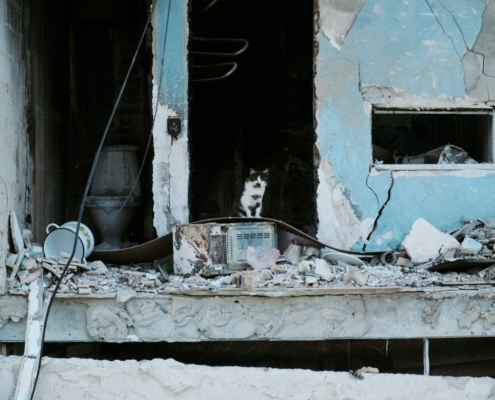
Compensation for damaged and destroyed housing as a result of the Russian invasion [RUS]
The Verkhovna Rada of Ukraine is preparing for the second reading of the long-awaited Law No. 7198, which sets out the rules for the payment of compensation for housing damaged and destroyed as a result of the Russian invasion. The general principle set out in the document is that citizens must be compensated for both partially damaged and completely destroyed houses.
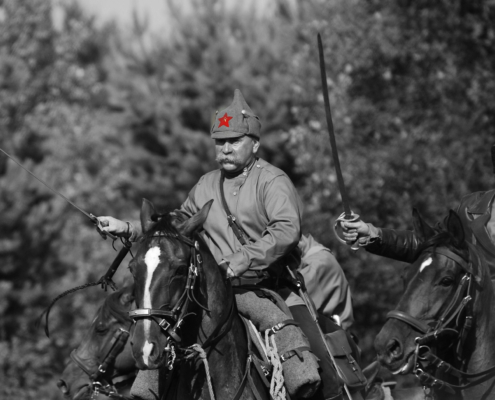
Czechoslovaks in Ukraine and the Bolsheviks - Part 2. [CZ]
Czech compatriots were the second largest expatriate community in the Russian Empire before the outbreak of World War I. Read more about its functioning and organization in the early 20th century in our article.
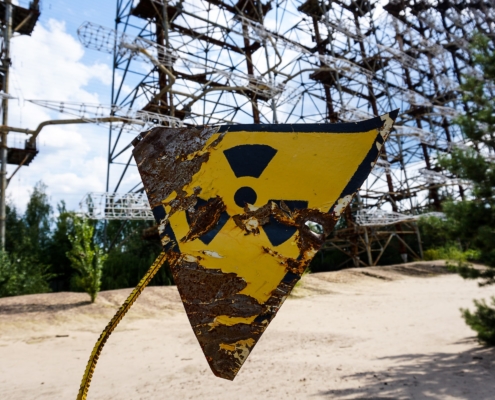
What is the probability of a nuclear conflict? [CZ]
Debates whether nuclear weapons will be used in the Russian-Ukrainian war have been going on since February this year, i.e. when the war began. President Putin explicitly stated that if Russia is cornered, weapons of mass destruction will be used. However, according to security experts, it is rather a warning to other countries not to escalate their aid to Ukraine.

Christmas and the church split in Ukraine [RUS]
This year will be a turning point for Ukrainian religious society. The country, where more than 70% of the population considers themselves religious (according to opinion polls), will celebrate Christmas alongside many Western Christian denominations for the first time - and at the same time, there is likely to be a major church split.

